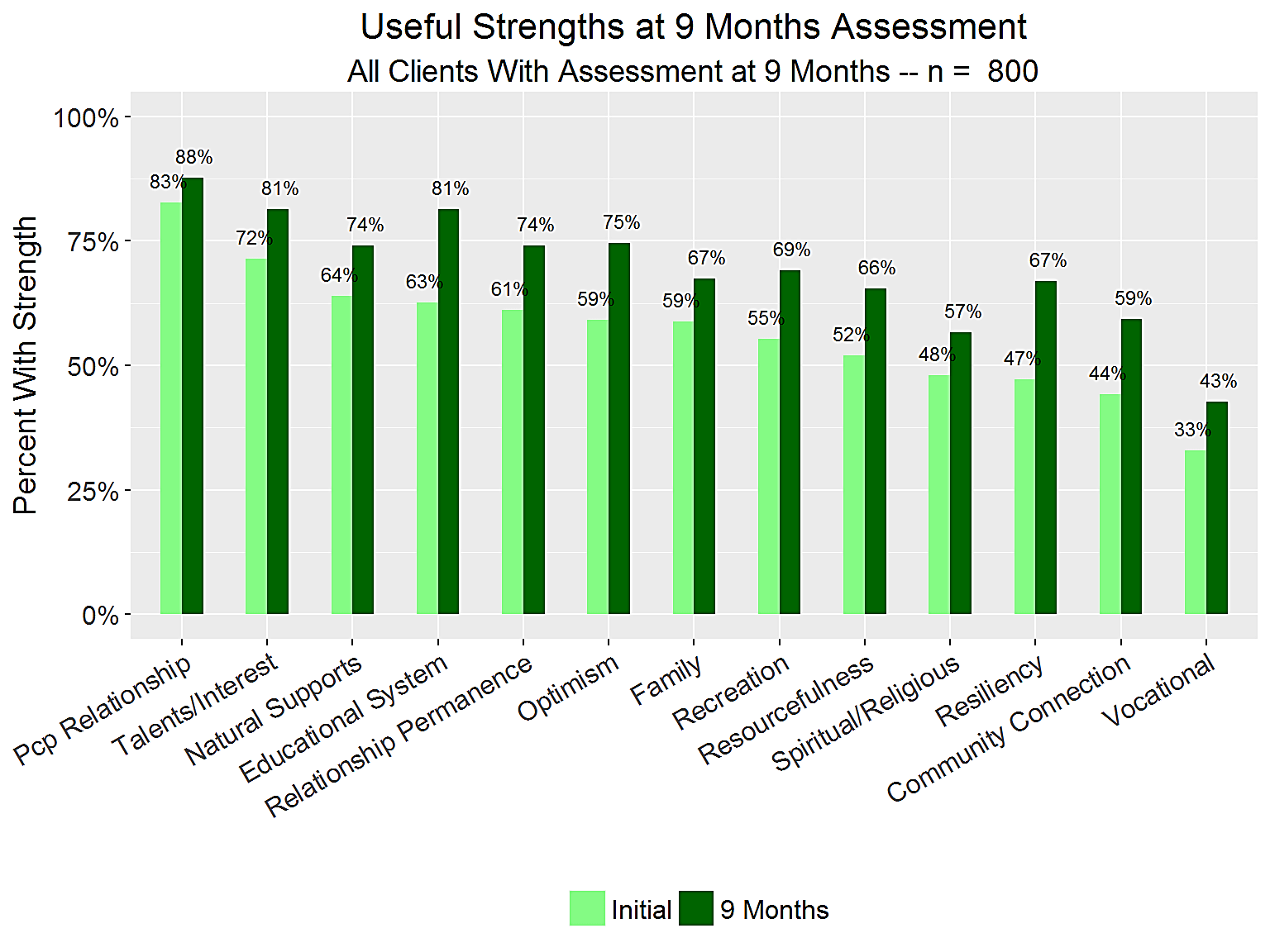Amplifying Success in Washington
How the stories of youth inform policy and practice in the State of Washington

Child-serving systems can fail youth who stand to benefit the most from care. How can they re-center youth input and get the feedback they need to transform their system and improve their services?
A Chapin Hall team is supporting work toward one such transformation in Washington.
In 2009, 10 youth filed a Medicaid lawsuit against the state of Washington to improve mental health services. That led to the creation of the Wraparound with Intensive Services (WISe) program. WISe is aimed at providing effective, intensive care to Washington’s Medicaid-eligible youth who have complex needs.
WISe emphasizes youth voice and choice. Youth in WISe receive treatment and support to reach goals that they identify, on a schedule that works for them, while remaining in their own communities. In Youth and Family Teams, youth and their caregivers set goals with a therapist, WISe facilitator and representatives from other child-serving systems (such as their teachers or their child welfare specialist).

This is where Chapin Hall supports the WISe implementation by coaching WISe providers on how to collaboratively fill out the Child and Adolescent Needs and Strengths (CANS) assessment with the youth and their families. They draw up a picture of the youth’s needs and strengths. Providers use a condensed version of CANS to determine if a youth would fit well into WISe care. Algorithms developed by the TCOM team help them make consistent, research-informed decisions about the intensity of care to provide.
Once in care, providers use the comprehensive version of the CANS to plan and update treatment, and to keep track of youth needs and strengths. The data they collect tells a story that then informs decisions and improves services at every level of the WISe program.

Together with state partners, Dr. Nick Mader and other team members at Chapin Hall use CANS data to generate the WISe Quality Management Report, which tells the story of the WISe implementation. The WISe report includes the shared vision of thousands of youth and families. Using information from more than 9,000 CANS assessments, analysts design custom visuals to support decision-making in Washington for WISe programming.
Using data based in practice, these reports help non-profits, managed care organizations, and state policymakers make information-based decisions at every key decision point in care. For more information about WISe and the work being done in Washington, please contact Dr. Mader.
 Thank you for your interest in Chapin Hall’s research. Please share some information to access this file.
Thank you for your interest in Chapin Hall’s research. Please share some information to access this file.